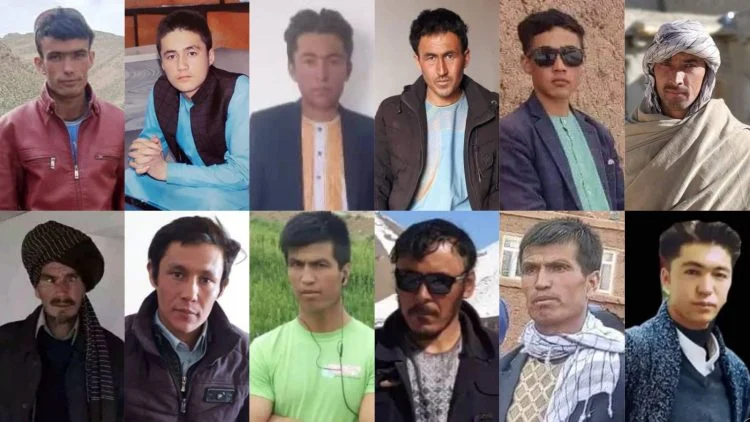
The brutal killing of fourteen Hazara Shias in Afghanistan’s Daykundi and Ghor border regions has sparked widespread reactions both domestically and internationally.
On Thursday, September 12, these individuals were tragically killed by ISIS gunmen, an extremist Sunni group notorious for targeting minorities.
Human rights organizations, political parties, and civil activists have condemned the attack, describing it as part of an ongoing “genocide of the Hazaras” and a crime against humanity. The victims’ bodies were laid to rest on Friday, September 13.
Antonio Guterres, Secretary-General of the United Nations, strongly condemned the attack and emphasized the importance of protecting civilians in Afghanistan.
The United Nations Assistance Mission in Afghanistan (UNAMA) echoed this, demanding accountability from the Taliban for the incident.
UN Special Rapporteur on Human Rights, Richard Bennett, also raised concerns, stating the attack bore the marks of “international crimes” and expressed alarm over the escalating violence by ISIS against the Hazara community.
In addition, the U.S. State Department, the Japanese Embassy, and the Iranian Foreign Ministry have issued statements denouncing the killings. Social media users and activists in Afghanistan have responded with the hashtag “Stop the Genocide of the Hazaras,” criticizing the Taliban’s approach to protecting the Hazara and Shiite populations.
As violence against the Hazara community continues to rise, concerns about their safety under Taliban rule have intensified, with calls for the international community to recognize these attacks as part of a systematic “genocide” and to take necessary action to ensure the protection of Hazaras in Afghanistan.




